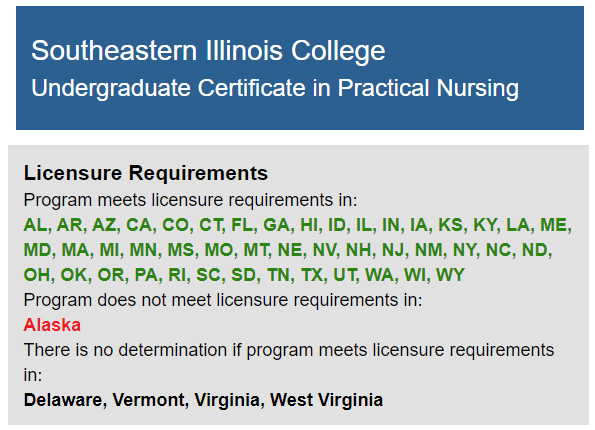Nursing and Allied Health
Licensed Practical Nursing-LPN
Quick facts about our program:
- Begins each Fall semester
- 60 applicants will be accepted annually for the Traditional Program
- 20 applicants will be accepted annually for the Part-Time Program
- 10 at-large positions (*see the Admission Policy Statement below)
Fall 2025 nursing program application process is scheduled to begin in September 2024. Please check back.
| PN Program Application & Documents to Review | |
|---|---|
| PN ONLINE APPLICATION - Impending | |
| Fall 2025 PN and ADN Application Process - Impending | Cost Sheet for PN Program |
| Admission/Policy Statement | PN Curriculum Guide - Full-Time Program |
| Acceptance Requirements | PN Curriculum Guide - Part-Time Program |
| Admission Procedure | TEAS Testing Schedule - Impending |
| Health Screenings/Immunizations | Advisement Meeting Dates - Impending |
Practical Nursing
History
The Practical Nursing School was originally established under the jurisdiction of the Harrisburg High School as an adult education program. In response to the needs of the hospitals in this area for more and better-trained personnel, the school offered its first classes in September 1956 to 13 students. The Nursing Program is approved by the Illinois Community College Board their Illinois Board of Higher Education, and the Illinois Department of Financial and Professional Regulations. Southeastern Illinois College is accredited by the Higher Learning Commission of the North Central Association of Colleges and Schools.
Philosophy
We, the faculty of the Practical Nursing Program at Southeastern Illinois College, are in harmony with the philosophy of the college. Southeastern Illinois College is committed to the philosophy and concept of higher education. Espousing the democratic ideal, the College and the Practical Nursing Program provide its students the opportunity to develop their potential through higher education. Students are urged to develop intellectual abilities, needs, and interests.
We, the faculty of the Practical Nursing Program, believe that people are holistic, unique beings with individual dignity whose behaviors are influenced by beliefs, values and social structure. People have the potential for growth and function as an integrated whole. Their needs must be met throughout the life cycle.
We, the faculty of the Practical Nursing Program, believe that optimum health is the right of all people and involves a maximum functional level. As this right exists, so must the responsibility of the community exist to meet this right. We believe that health is a state of wellness and not merely the absence of disease and that it encompasses not just the physical, but also the mental, spiritual, social, and emotional wellness.
Behavior is modified by learning. The learner is an individual with diverse life experiences and varied interests and values. We believe that education is a continuing process by which people are helped to learn, grow and develop in all aspects of life. Moreover, we believe that the educational process should provide each individual the opportunity to establish high standards, to evaluate progress, and to become self-directed in all of life’s activities.
Nursing is a process that focuses on the individual and what is happening to them. We believe that nursing is concerned with promoting optimal health of the holistic being. The practical nurse recognizes and meets the total needs of pa patients at the vocational level.
The practical nurse helps fulfill the health needs of the community and is a contributing member of the health care delivery system. We believe the graduate is recognized as a beginning practitioner who can give competent and safe nursing care within the scope of practical nursing, as established by the Illinois Nursing and Advanced Practice Nursing Act.
We, the faculty, believe that the mastery of basic skills can be accomplished by learning and understanding the basic concepts of nursing arts, growth and development (throughout the lifespan), anatomy and physiology, nutrition, geriatrics, pharmacology, pediatrics, vocational responsibility, community and mental health, obstetrics, and medical-surgical nursing.
Conceptual Framework
The curriculum of the practical nursing program is organized using an integrated systems approach based on basic needs and the nursing process. Theory and clinical courses are presented sequentially and concurrently from basic to advanced. Certain principles and broad concepts common to all individuals are stressed, reiterated, and reapplied throughout.
Teaching methods and clinical experiences shall be designed to allow the student to apply principles and problem-solving techniques learned in the classroom to the care of patients in the clinical setting. Nursing techniques will begin with the simple and progress to the more complex as deviations from the normal are presented. Instruction in nursing skills shall use a uniform format, i.e., demonstration, return demonstration, supervised clinical experience. Expected output behavior shall be prevention, maintenance, and rehabilitation.
End of Program Student Learning Outcomes
Upon completion of the Practical Nursing Program, the graduate will:
- Give safe, patient-centered care based upon knowledge, skills, and attitudes taught in nursing courses.
- Utilize their knowledge to help patients regain and maintain the best possible level of physical health while protecting their own health.
- Be able to assist in assessing, planning, implementing, and evaluating nursing care in selected situations under the direction of a registered professional nurse, licensed physician, dentist or podiatrist.
- Be proficient in nursing activities and competencies and utilize the necessary degree of skills and judgment appropriate to the preparation of the practical nurse.
- Be ready to assume responsibility for their own acts and judgments based upon the limits of their preparation.
- Recognize the need for continued vocational education and personal growth according to individual ability.
- Know and utilize the Nursing and Advance Practice Nursing Act and the Rules for Administration of the Act and the standards of professional conduct for practical nurses.
- Be prepared to write the NCLEX-PN exam and answer the personal history questions on the NCLEX-PN application.
State Licensure or Certification Information
Find information on the specific states the institution has determined its Practical Nursing program curriculum meets the state educational requirements for licensure or certification regardless of modality.

